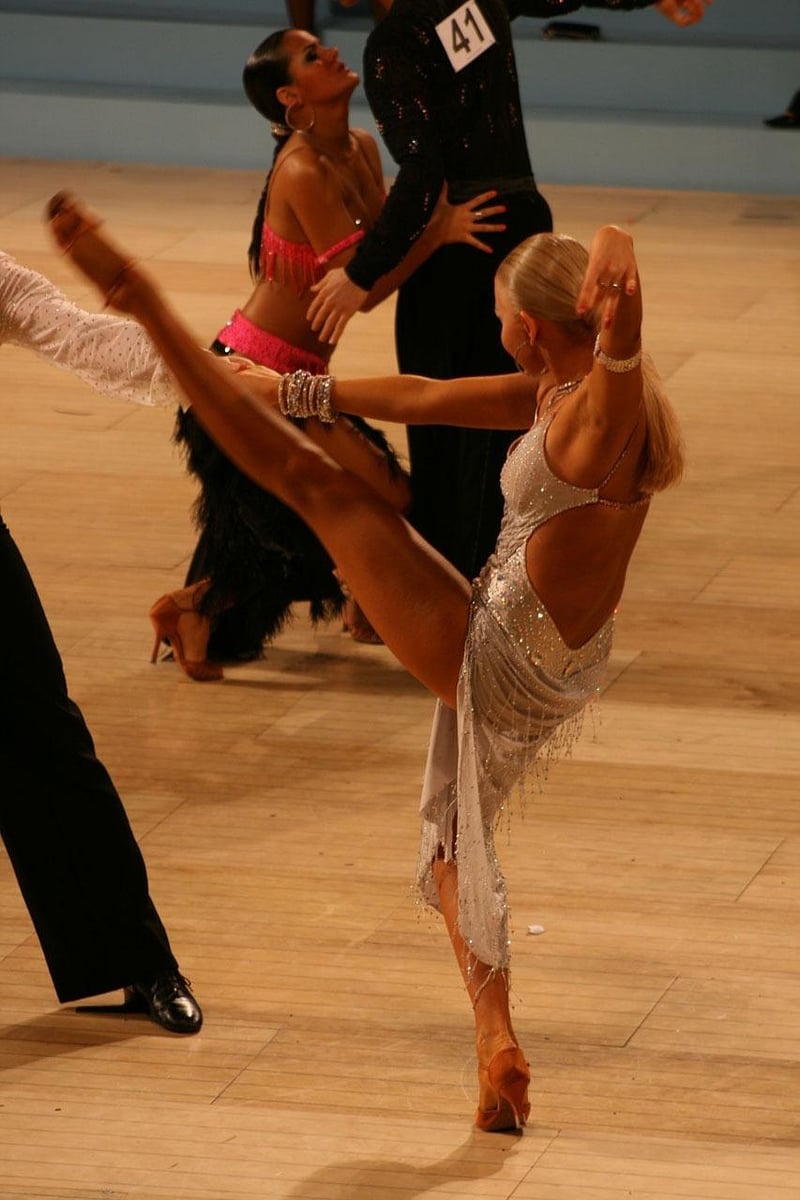Latin Dance
The Art of Expressive Movement in Latin Dance

Latin dance is not just about following a set of steps; it's a form of art that allows individuals to express themselves through movement. The fusion of vibrant music and intricate steps creates a mesmerizing experience that captivates both the dancers and the audience.
Expressive Movement
Expressive movement in Latin dance goes beyond the technical aspects of the steps. It involves conveying emotions, telling stories, and connecting with the music on a deeper level. Dancers use their bodies to express passion, joy, love, and even sorrow, creating a powerful and emotive performance.
The Role of Body Language
Body language plays a crucial role in Latin dance, allowing dancers to communicate with each other and the audience. The way dancers hold themselves, make eye contact, and use gestures adds layers of meaning to their performance. Every movement is intentional and contributes to the overall story being told through dance.
Connection and Chemistry
Partners in Latin dance rely on a strong connection and chemistry to create a seamless and captivating performance. They must communicate non-verbally, anticipate each other's movements, and maintain a sense of unity throughout the dance. This connection is what elevates the performance from a series of steps to a mesmerizing display of emotion and artistry.
Embracing Cultural Heritage
Latin dance is deeply rooted in cultural heritage, with each dance style reflecting the traditions and history of its origin. Dancers pay homage to these roots through their movements, costumes, and music choices, preserving and celebrating the rich cultural tapestry of Latin America.
Conclusion
Expressive movement is at the heart of Latin dance, allowing dancers to convey emotions, stories, and cultural heritage through their art. By embracing body language, connection, and cultural roots, dancers create a mesmerizing experience that transcends mere steps and becomes a powerful form of expression.
